Copyright 2007-25 Digital Media Law Project and respective authors. Except where otherwise noted,
content on this site is licensed under a Creative Commons Attribution-Noncommercial-ShareAlike 3.0 License: Details.
Use of this site is pursuant to our Terms of Use and Privacy Notice.
content on this site is licensed under a Creative Commons Attribution-Noncommercial-ShareAlike 3.0 License: Details.
Use of this site is pursuant to our Terms of Use and Privacy Notice.


 If you haven't heard of The Pirate Bay by now, you may want to emerge from that cave, wipe the sleepies from your eyes, and start getting caught up on your backed up WIRED magazines in the bathroom. The Pirate Bay (TPB) is a website run by a few Swedish intellectual property anarchists. TPB provides a comprehensive indexing service for
If you haven't heard of The Pirate Bay by now, you may want to emerge from that cave, wipe the sleepies from your eyes, and start getting caught up on your backed up WIRED magazines in the bathroom. The Pirate Bay (TPB) is a website run by a few Swedish intellectual property anarchists. TPB provides a comprehensive indexing service for 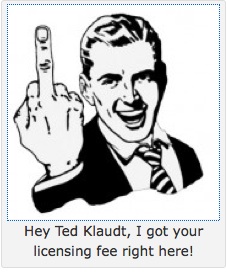 We sure do see a lot of intellectual property abuse around here. This has to be the best one yet. Former South Dakota State Representative Ted Klaudt claims that he has a "common law copyright" in his name, and thus any news organization or other publication that uses his name must pay him a licensing fee of $500,000. (
We sure do see a lot of intellectual property abuse around here. This has to be the best one yet. Former South Dakota State Representative Ted Klaudt claims that he has a "common law copyright" in his name, and thus any news organization or other publication that uses his name must pay him a licensing fee of $500,000. (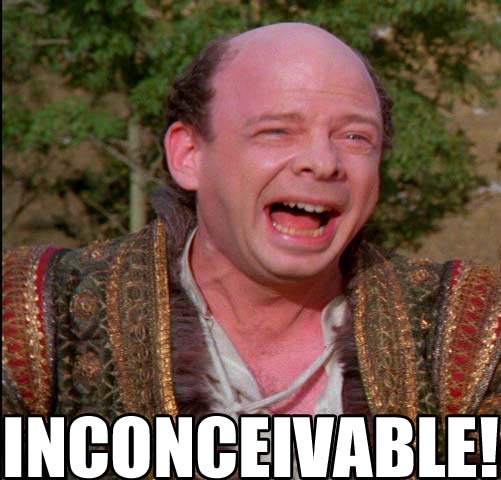 Before the Thanksgiving holiday, Microsoft
Before the Thanksgiving holiday, Microsoft 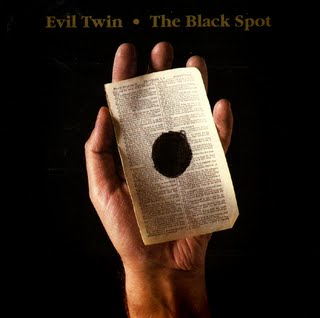 “’It isn’t fair, it isn’t right,' Mrs. Hutchinson screamed, and then they were upon her.”
“’It isn’t fair, it isn’t right,' Mrs. Hutchinson screamed, and then they were upon her.”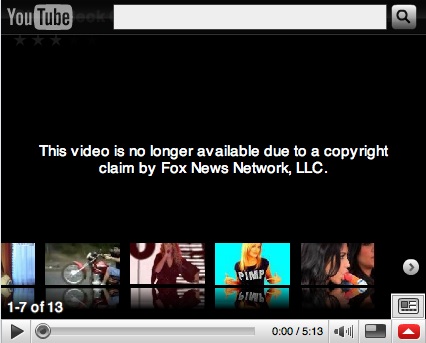 Like many former newspaper employees, I hate the 24-hour "news" networks. Be it Fox News, MSNBC, or CNN, I think they're just across-the-board awful. The only time I'll pay any attention to them is in the midst of some event that demands real-time attention, say a presidential election or a terrorist attack (and even then, I may just switch to BBC coverage instead). Other than in those situations, the news channels are just echo chambers for the dreck spewed by your Becks, O'Rei
Like many former newspaper employees, I hate the 24-hour "news" networks. Be it Fox News, MSNBC, or CNN, I think they're just across-the-board awful. The only time I'll pay any attention to them is in the midst of some event that demands real-time attention, say a presidential election or a terrorist attack (and even then, I may just switch to BBC coverage instead). Other than in those situations, the news channels are just echo chambers for the dreck spewed by your Becks, O'Rei What do
What do  It's tough being a publisher these days. Of course, no one is having much fun in the current economic downturn, but publishers were up against it even before the slowdown. Circulations have been down across the board for years now, which in turn has slashed the advertising revenues that print publications have always relied upon to survive. It's just a bad time to be publishing newspapers and magazines, at least while using the classical publishing business model.
It's tough being a publisher these days. Of course, no one is having much fun in the current economic downturn, but publishers were up against it even before the slowdown. Circulations have been down across the board for years now, which in turn has slashed the advertising revenues that print publications have always relied upon to survive. It's just a bad time to be publishing newspapers and magazines, at least while using the classical publishing business model.
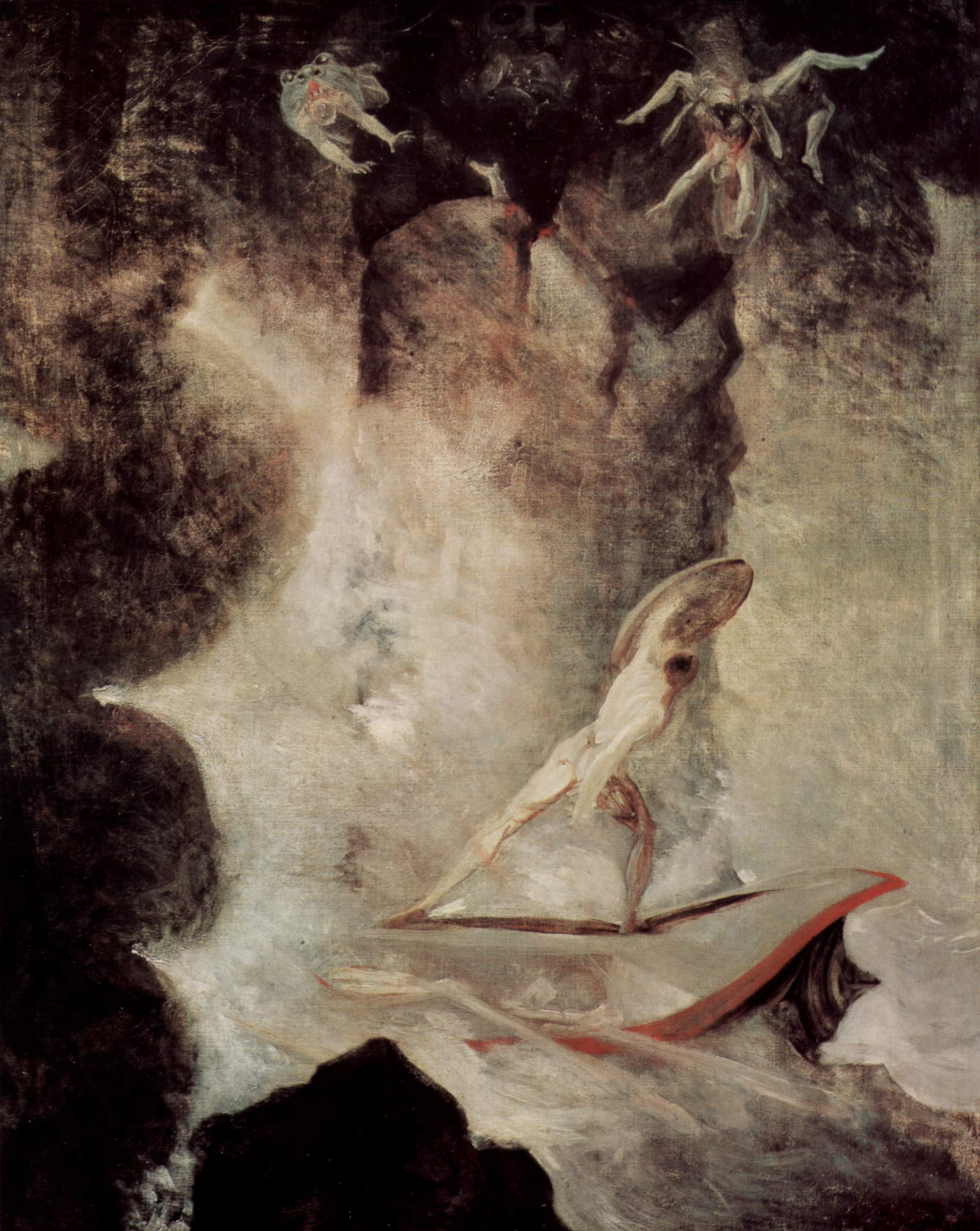 Last week was a tough one for Internet users worldwide.
Last week was a tough one for Internet users worldwide.
 Digital technologies have allowed people to share music in unprecedented ways, and earlier this week
Digital technologies have allowed people to share music in unprecedented ways, and earlier this week 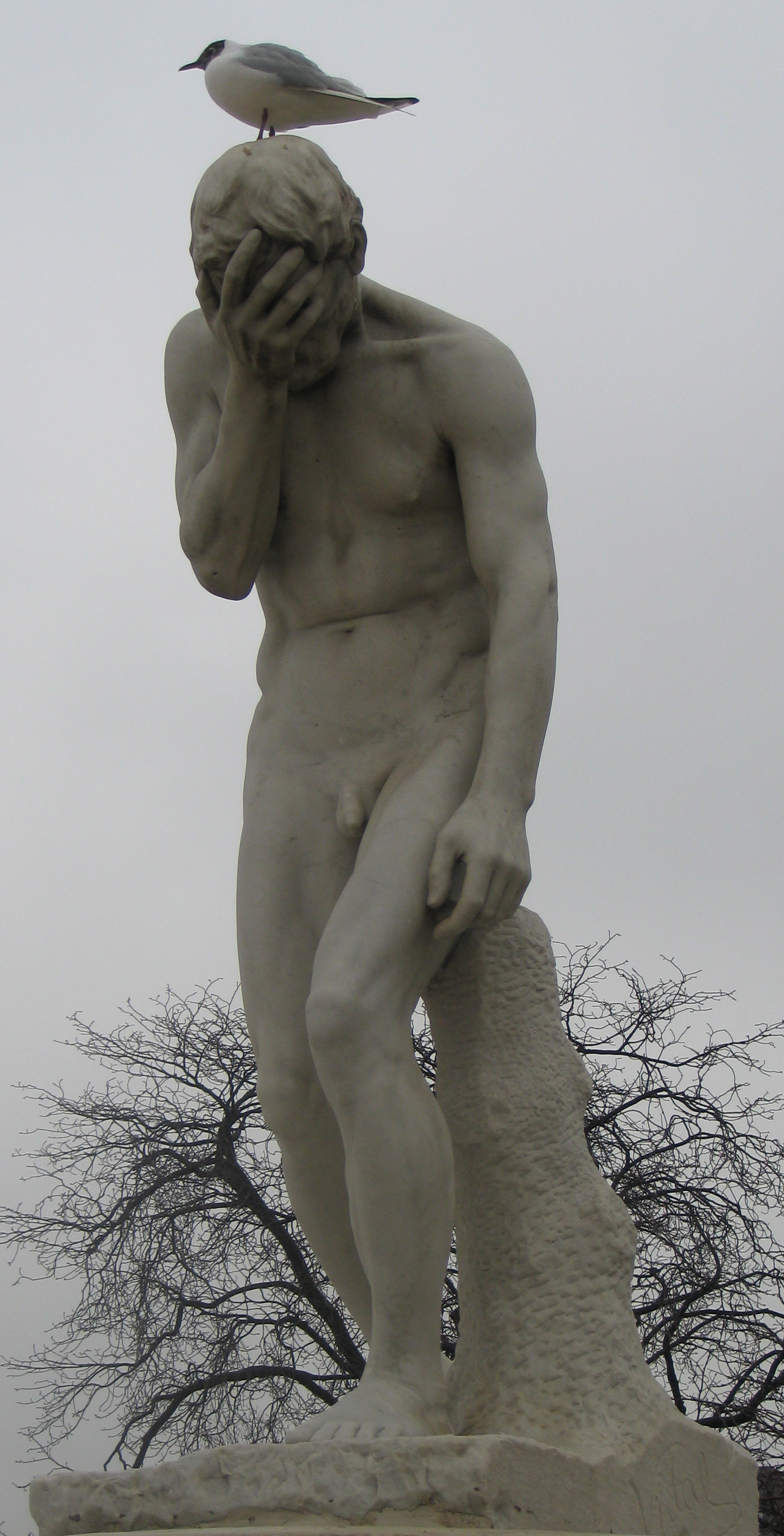 Let’s review the two basics of modern criminal law:
Let’s review the two basics of modern criminal law:

Description:
The International Olympic Committee (IOC) sent an email to a Flickr user Richard Giles asking him to cease and desist from distributing and/or licensing photographs of the 2008 Beijing Olympic events that he had photographed while at the games and posted on Flickr.
Giles originally put the photographs online under a CC Attribution-Share Alike License (CC BY-SA), but then relicensed them under a CC Attribution-No-Derivatives License (CC BY-ND) upon the request of a Wikipedia user, so that they could be used in a Wikimedia project. Later on, a British bookstore used one of Giles' pictures for promoting a book. When this came to IOC's attention, they sent the cease and desist letter to Giles.
IOC invoked contractual limitations found on the back of tickets:
The letter also suggested a trademark-oriented claim:
Giles reports that it was not clear to him what exactly the IOC wanted him to do, so a chain of mutual emails followed, in which IOC clarified its position that the only acceptable copyright notice for pictures from Olympic events would be "all rights reserved." In an effort to keep the CC licensing regime, Giles counter-suggested licensing the pictures under a noncommercial CC license, but IOC declined:
Throughout the course of these events Giles was in touch with the Electronic Frontiers Australia, a nonprofit organisation supporting online freedoms and rights, and Creative Commons Australia, both of which advised him that as a first step he should comply with the IOC's demand. Eventually Giles reverted all pictures to full copyright protection, adding a note under every picture: "The license on this photo has been changed from Creative Commons to Copyright [sic] due to a request from the IOC."